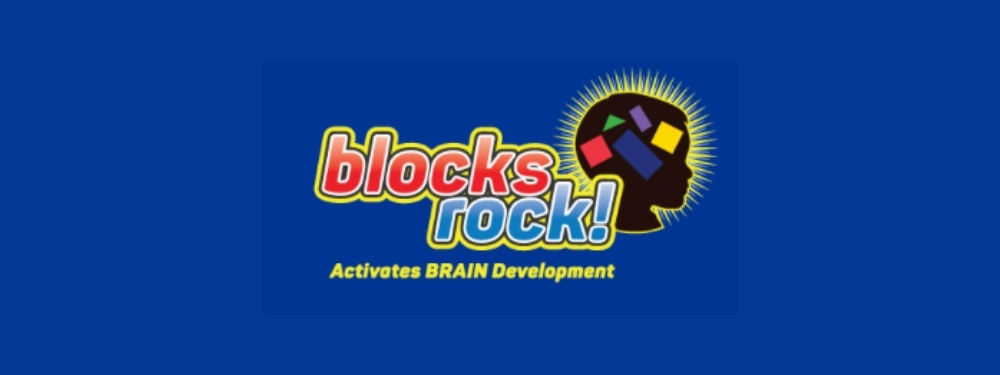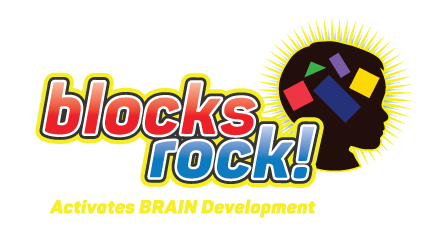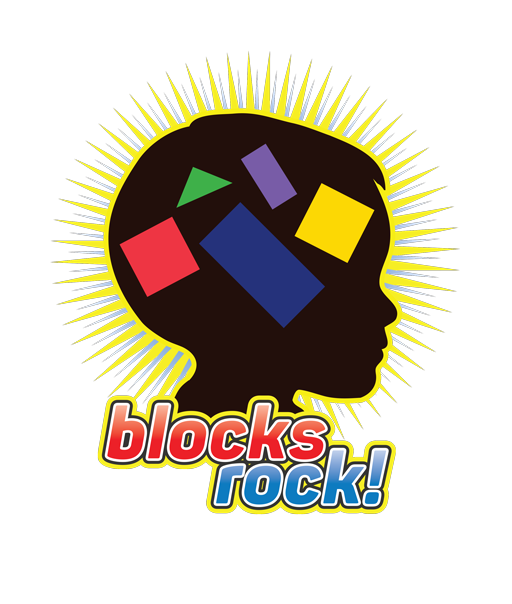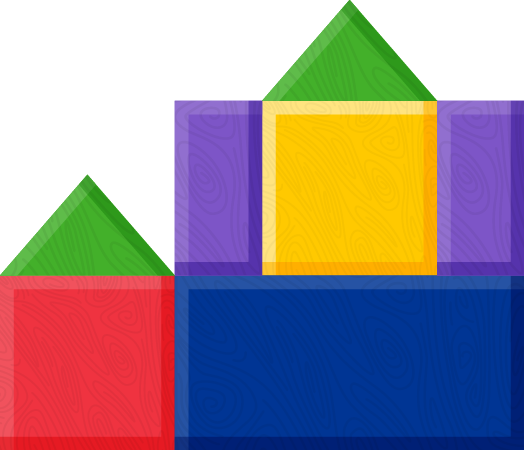Research
Spatial training using Blocks Rock! game play in preschoolers improves computational skills
This study using Blocks Rock! focuses on the cognitive effects of structured block play in preschool students.
In a study done by Sharlene D. Newman, Erin Loughery, Ambur Ecklund, Marriah Smothers & Jefney Ongeri (2021), structured block play, using Blocks Rock! was found to “improve cognitive skills directly related to mathematics” in students as young as 3 years old.
Previous studies have shown mathematical improvements in older children who already had exposure to block play and knowledge of mathematics, but this study is unique in focusing on the cognitive effects of structured block play in preschool students.
Summary of the Study
This study monitored two test groups: one group of preschool students who played Blocks Rock! (one Head Start class and one church preschool), and a control group of preschool students (one Head Start class) who did not play Blocks Rock!.
The test group played Blocks Rock! once a week for eight weeks with the guidance of trained research assistants, who also took notes on the findings.
Students took a kindergarten readiness test before the study was conducted and after eight weeks of block play to test whether students’ computational skills improved. “Study participants completed five sections of the Indiana Standards Tool for Alternate Reporting of Kindergarten Readiness (ISTAR-KR) mathematics assessment – counting and quantity, computation, time, location and sorting and classifying “
The study found the most improvement in the computation subsection.
“The computation subsection is designed to assess foundational skills including the recognition of number relations and understanding mathematical structure. The test of computation assessed a number of skills including the ability to: 1) manipulate objects for a purpose; 2) match objects and sets; 3) make a set of objects smaller or larger; and 4) follow models of addition and subtraction.”
Table 2 (see below) shows the results from the two tests.

Ultimately, what was found from these tests is that “the BR group on average showed increased skill in the makes a set of objects smaller or larger component. No pattern of improvement was observed for the control group.”
These results are in line with the initial goal of the study, which “was to demonstrate that preschool children can benefit from structured block play and that those benefits may extend to mathematical competence.”
This study also found similar results to previous studies “showing that young, preschool aged children can learn to play these structured block building games and improve their performance over time” and that “preschoolers show training effects that transferred to computational skills.”

What it Means for Parents & Kids
In addition to structured block play improving spatial skills in students (Casey et al., 2015), structured block play can also improve cognitive skills related to mathematics in students as young as 3 years old.
According to this study, while some young students may need more assistance with structured play than others, structured block play over time can improve computational skills, providing a solid foundation to learn mathematics later on.
Intentional use of structured block play for preschool students, especially for students who are more likely to struggle in mathematics, is encouraged.
Interested in Learning More?
Read the full study: Spatial Training Using Game Play in Preschoolers Improves Computational Skills.
You can also read previous studies on Blocks Rock!:
Study shows benefits of block building activities on young minds,
Structured versus free block play: the impact on arithmetic processing.

Bring structured block play to your home or classroom!
Ready to begin improving your children’s computational skills?


